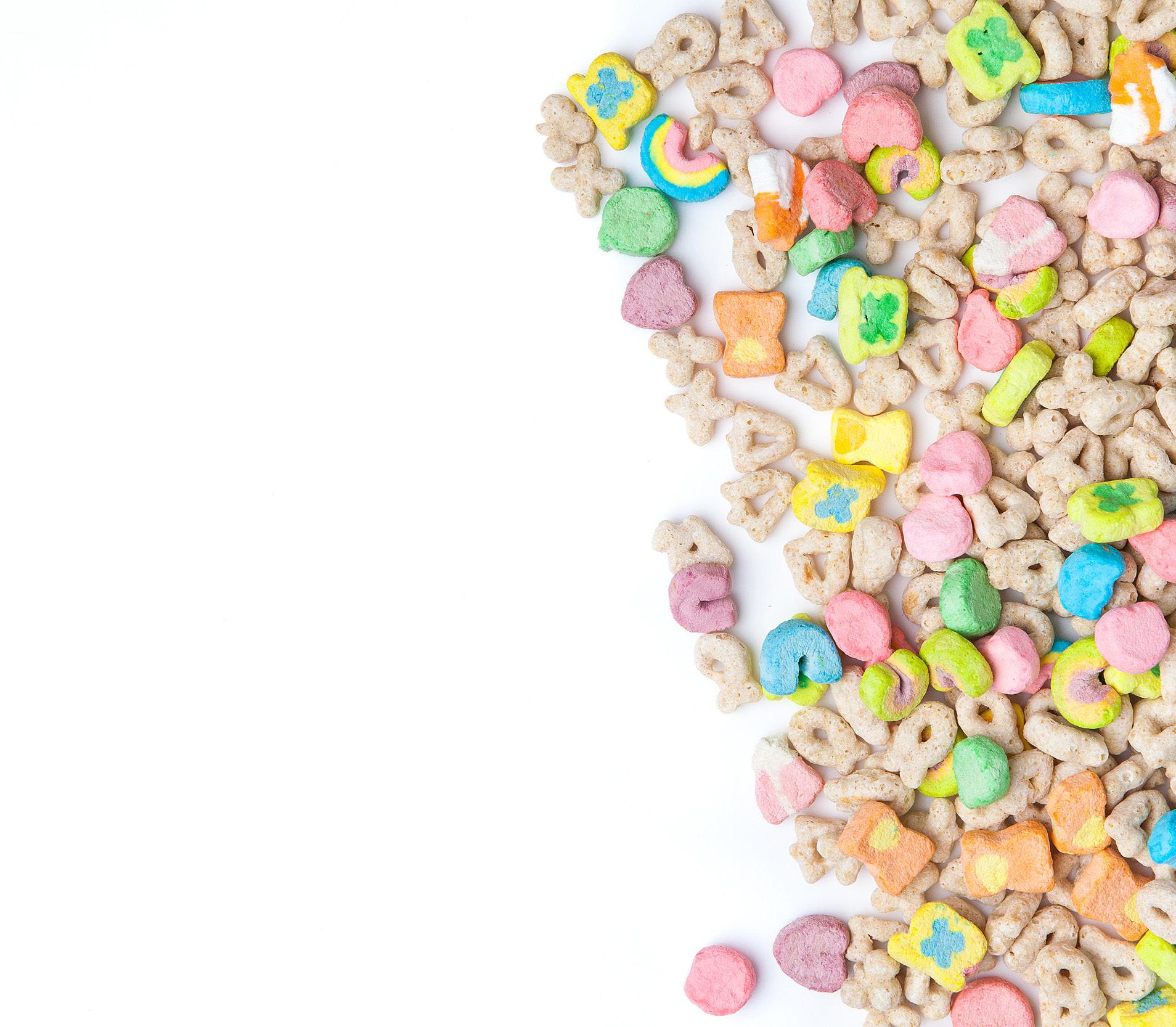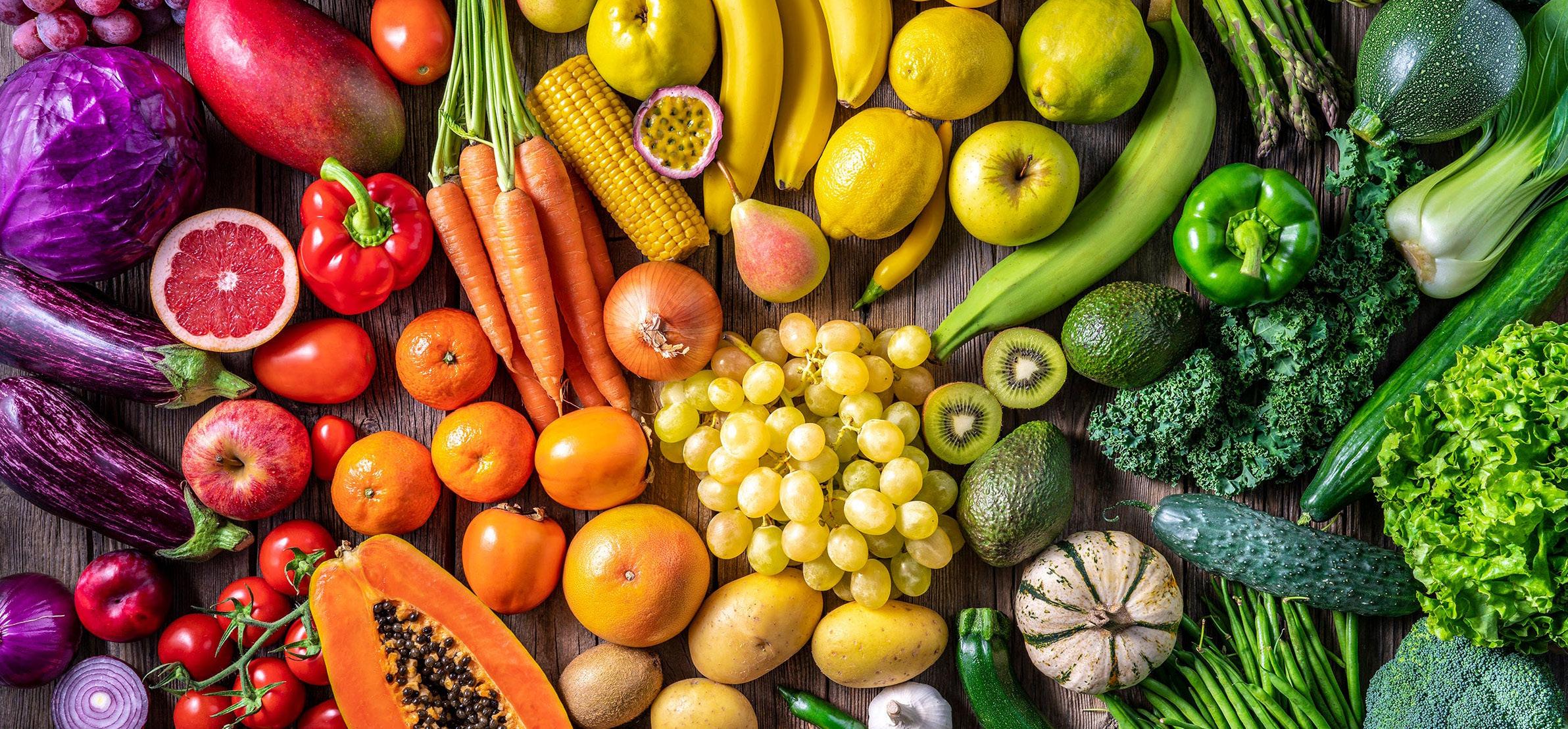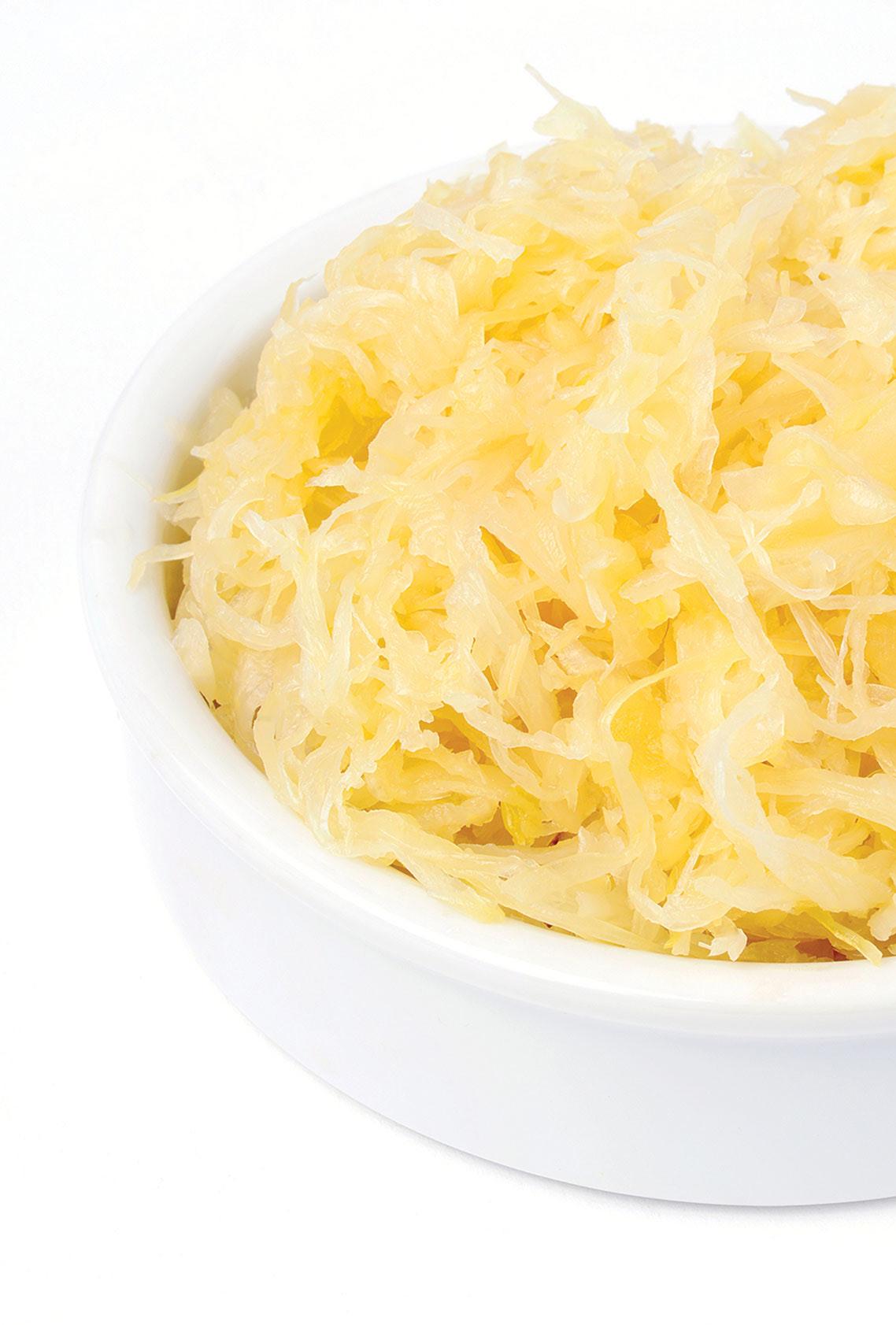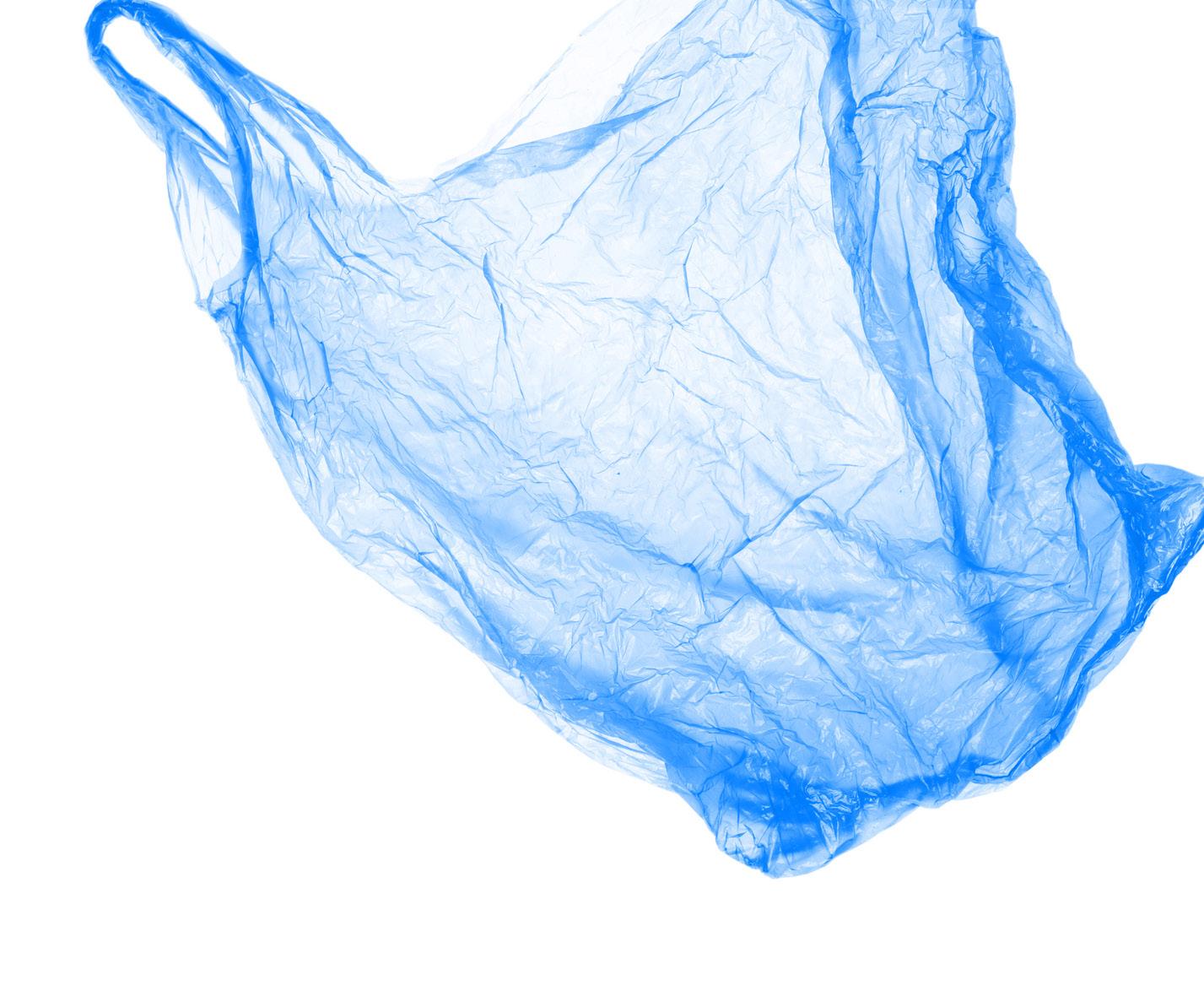












15 SIMPLE SHIFTS that Raising Amazing Masterclass experts know will help you raise amazing and healthy children.
Joel “Gator” Warsh, MD | www.RaisingAmazingPlus.com | @drjoelgator
If the last few years have taught us anything, I hope our biggest take away is not to take our health for granted. The human body is quite incredible in that it can heal itself. Children are even more incredible and resilient. But we must remember that everything we do either heals or harms our body.
But what are the requirements for a healthy future for your family? It’s not rocket science. Plenty of nutrient-dense foods, a well-functioning digestive system, a healthy environment, fun, exercise, community and stress reduction are all part of your family’s healing toolkit.
Unfortunately, we are forgetting the basics and more and more, our environment is setting us up for failure. More than 50% of adults have a chronic disease and almost 50% of children now have a chronic disease. These diseases range from autism, ADHD, allergies, asthma, eczema, auto-immune conditions and so many more.
Many chronic diseases are lifestyle based. That means that an unhealthy lifestyle contributes to the illness but from an optimistic perspective, it means you have a lot of control in preventing and even healing your body.
Given that the rate of chronic disease is rapidly rising in children, it is clear that it is time to take action for the health of our future generations.
This eBook will give you 15 simple shifts that will improve the health of your family. And I do mean simple. These are things you can literally do this week, that will impact your health.
These shifts are some of the major takeaway points from our Raising Amazing Masterclass programs. We’ll cover the fantastic properties of healing foods, steps to reduce toxins and how to use happiness to reduce inflammation.
Let’s Get Started!

The sunshine vitamin known as vitamin D is critical for optimal immune function, yet, almost 60% of the population is deficient. It can act as an anti-inflammatory, anti-bacterial and anti-fungal agent within your body.
The best way to get vitamin D is through the sun. Spending 10-20 minutes in the midday sun can boost your vitamin D level. Food sources of this nutrient are limited, so it can be difficult to get all of the vitamin D you need through food alone but some foods like fish and eggs have a moderate amount. For some, supplementation may be beneficial to increase serum levels to an optimal level.
TAKE ACTION:
Spend time in the sunlight every day. Try to take a break and get outside at lunch. Take a 10-minute break today and get the whole family outside before getting ready for dinner.

Processed foods, also called convenience foods, are foods that lack the nutrients your body needs. Sometimes called “empty calories,” these foods are filled with sugar, carbs, flavorings, colorings and preservatives.
If you walk through the center of most grocery stores, you will find a plethora of processed foods including sodas, sugary beverages, cookies, cakes, crackers and chips.
These foods are tasty and can even be addictive! No matter how tempting, avoiding these foods entirely is essential when you shop. They contribute to all kinds of health problems. Frequently consuming ultra-processed foods is clearly linked to increased risk of obesity, high blood pressure, depression, cancer, gut health issues and heart disease.
Why do these foods contribute to disease? They are missing the essential nutrients your body needs to thrive. Additionally, they contain ingredients that can be hazardous to health.
I am not a fan of all or none so my suggestion is just not to purchase these foods. If your child has a cookie at a party, so be it. But let’s make smarter choices at home.
TAKE ACTION:
Become an informed consumer! Buy real whole food only. Read all labels and avoid long chemical names. Buy one fewer processed food at your next grocery store outing.
Nearly all packaged food has some added sugar. Most food that you find in the grocery store that is processed has a lot more sugar than you would think. Added sugar is linked to all kinds of health problems, and too much can increase inflammation and the risk of metabolic disease. Diets high in added sugar may also increase cancer and auto-immune disease. High fructose corn syrup might be the worst offender, and this cheap sweetener is found in the majority of ultraprocessed and packaged foods.
What about natural sweeteners like honey, maple syrup and coconut sugar? They often contain vital nutrients and are generally metabolized more efficiently in the body making them a much better option to choose.
The American Heart Association recommends that we consume no more than six teaspoons (about 24 grams) of added sugar daily. To put this in perspective, 12 ounces of cola contains 25 grams of added sugar and a vanilla latte contains around 70 gram of added sugar!

So as you can imagine, most kids, teens and adults get a lot more added sugar every time they eat than they should really be having all day. Over time, this excess sugar leads to all sorts of health complications. I would venture to say that our excess sugar consumption, given how ridiculously significant it is above recommended, may be the most significant cause of the chronic disease epidemic in kids. Watch your sugar and decrease it where you can.
TAKE ACTION:
Avoid consuming refined sugars like high-fructose corn syrup, white sugar and brown sugar. If you want to enjoy sweet foods, do your best to find alternatives that use nutrient-rich sweeteners such as honey, maple syrup or dates. Make sure your next snack has no added sugar.
Nutrient-dense foods are foods that have a high concentration of minerals and essential nutrients in each serving. Eating a nutrient-dense diet has been shown to prevent and decrease chronic disease, improve cognition, mental status, vitality and well-being.
What kind of foods are considered to be nutrient-dense?
We know veggies and fruits are good for us, but certain ones contain more nutrients than others. Though I will say, when in doubt, just about any fruit or vegetable has nourishing benefits for your children so I am generally happy with any of those if you can get them to eat it. Cruciferous vegetables like broccoli and leafy greens like spinach, rank high in nutrient density. Mushrooms of all varieties also rank high, as well as herbs like parsley and garlic. Seaweed also tops the nutrient charts! When it comes to fruit, berries, tropical fruits and citrus are all packed with nutrients.
What about animal products?
You may be surprised to know that organ meats, especially liver, are nutrient superstars (if your family chooses to eat meat). Fish and shellfish are also at the top, as well as lean meats and eggs.
You should aim to increase magnesium intake daily with magnesium-rich foods!
Magnesium is great for stress reduction, and we all seem to be a little more stressed than we need to be these days. Good sources of magnesium include nuts and seeds, leafy greens, kidney beans, plain yogurt, bananas, pumpkin seeds and avocado.
And finally, fats are healthy too. We have been conditioned to avoid fat, but the majority of the latest research points to the benefit of healthy fats. Certain kinds of fats can be unhealthy such as saturated fats and trans-fats. Stick with unsaturated fats as much as possible. Extra virgin olive oil is a great choice for cooking. Avoid processed oils as much as possible like canola.
TAKE ACTION:
Nourish your body with nutrient-dense foods! Begin by adding one or two nutrient-dense foods to your shopping list this week.

Eating the rainbow means including a variety of colorful plant foods in your diet. Plant foods contain unique compounds called polyphenols. These polyphenols are one of the reasons that fruits and vegetables are so good for you! Many polyphenols are studied for their ability to help the body heal and to reduce the risk of disease. Some polyphenols, like resveratrol found in dark berries and grapes, are also antioxidants.
Another polyphenol, quercetin, is known for its anti-inflammatory properties. It benefits your immune system and can even help reduce seasonal allergies! Quercetin is found in berries, pineapple, onions and apples.
TAKE ACTION:
Include a fruit or vegetable with every meal. Aim for at least one snack per day for your children to only include a whole fruit or vegetable. Work towards eating family meals with foods of different colors throughout the week.
Good digestion is central to good health! Every expert I have ever spoken to brings health back to the gut. We are literally made of what we eat. Think about this. To get all of the good stuff that nutritious food has to offer, you must digest it and absorb it.
To support good digestion, always sit down to eat and try to relax before beginning your meal to help shift your body into “rest and digest” mode.

To ensure good digestion it is also important to chew your food thoroughly. Chewing is necessary to facilitate optimal digestion and absorption of nutrients. Remember that your stomach doesn’t have teeth! And your saliva contains many important digestive enzymes that help break down food. Swallowing large chunks of food makes the job of digestion a lot more difficult for your stomach and intestines. Poorly chewed food can even lead to increased gas and bloating.
Certain foods can help nurture a healthy gut microbiome. Fermented foods like raw sauerkraut, kimchi and yogurt contain beneficial probiotics. Plant foods like garlic, onion and Jerusalem artichoke are rich in prebiotics. Probiotics are beneficial microorganisms, and prebiotics help fuel your friendly gut bugs.
TAKE ACTION:
Try your best to avoid eating on the go, while working or when stressed. Relax before eating, and chew each bite multiple times. I know you can chew a little more.

Humans are more than 50% liquid, so it may not be surprising that staying hydrated is essential to optimal health.
Water is critical for all of our bodily functions—from metabolism to temperature regulation to detoxification. When we do not consume adequate water, we will feel the consequences. One of our main detoxification pathways is through urine. The more we drink, the more we pee, the more toxins we expel.
. How much do we need? The answer is almost certainly more than you or your children are drinking. You should at least be drinking a few cups of water a day? Are you?
Water quality is also something to be aware of when prioritizing your health and healing. Many areas have poor quality tap water so a filter can be beneficial to decreasing your chemical and toxin intake.
TAKE ACTION:
Make sure all family members drink at least 1 extra cup of filtered or bottled spring water (ideally from glass) each day.
The first step to reducing the toxins in your family is to take steps to avoid excessive exposure in the first place. It is easy to become overwhelmed when thinking about toxin exposure.

Air pollution, pesticides, hormone- disrupting chemicals, secondhand smoke. It seems impossible to live in a toxin-free world! Well, that’s because it is impossible. So instead of worrying over things you cannot control, focus on the things you can control. You can make the switch to a low-toxin lifestyle with a few minor changes. Staying hydrated, reading labels, avoiding additives, researching ingredients, and switching to natural cleaning and personal care products will make a major difference.
Minimize plastic use. Bisphenol-a (BPA) is a hormone-disrupting chemical found in plastic. Making the switch from plastic to glass or stainless steel and avoiding the heating of food in plastic will reduce your exposure.
TAKE ACTION:
Reduce your toxin exposure as much as possible. Reduce your reliance on plastic. Get rid of your plastic containers and replace with glass containers as possible. Store food in glass wherever possible and never heat food in plastic.

Did you know that sweat is one of the best ways of eliminating toxins from your body? Heavy metals like mercury, bisphenol-a (BPA), and many other chemicals are all excreted in sweat. That means that working up a good sweat is needed for detoxification.
Get your kids outside and moving. We are in front of our screens way too much. It is imperative that parents set a good example and get the whole family moving.
Get your kids sweating at least one time this week. Take them out with you for an activity that gets the whole family sweating. TAKE ACTION:

With everything going on in the world, stress is at an all-time high. Find ways to reduce stress for the whole family. One of the most commonly used stress reduction techniques is mindfulness.
Mindfulness is a state of mind. It is the intentional practice of awareness of the present moment while remaining emotionally neutral and calm. Meditation has become popular recently, but it’s not just a trend— mindfulness meditation is an ancient practice that helps incorporate awareness into daily life.
Mindfulness techniques can alleviate feelings of anxiety, depression and even chronic pain. There is also research suggesting that awareness strategies can support your immune system.
If that does not work for your family, how about yoga or gardening? Maybe it is as simple as turning off the news or social media.
TAKE ACTION:
Find 1 way to reduce your stress today. Even if that means shutting off all screens and social media for 30 minutes or 1 hour, take a short stress break and focus on yourself and your family.

Sleep is critical for good health and poor sleep can impact daily functioning. In addition to affecting your energy level, sleep disruptions can increase the risk of chronic disease, diabetes and even death.
If you or a child needs to improve your sleep hygiene, several habits may help you get the rest your body needs. Make sure to obtain adequate exercise during the day so you are sufficiently tired in the night. Make sure the bedroom is cool and dark. Avoid screens before bed and keep phones out of the room or far away from where you sleep.
TAKE ACTION:
Is everyone in your family getting the recommended sleep for their age?
Avoid any screen time within 30 minutes of bed-time.

Many of us live in cities and are dissociated from nature. We need to get our family’s reconnected with our planet.
Such a simple act has profound positive effects on health. It can reduce blood pressure and feelings of stress, improve mood, improve immune function and even reduce circulating inflammatory hormones within the body.
If you don’t have access to the outdoors, keeping a garden is beneficial to health and can improve cognitive function. If digging in the dirt isn’t your thing, simply viewing nature, even virtually, has positive physiological effects (but really, I would prefer for the whole family to spend some time in real nature).
Take a trip into nature this week. Whether that is a forest or park. Get some of that exercise I mentioned above in a natural setting. Hug a tree. It is totally ok TAKE ACTION:

Emotions are powerful, but they influence much more than our mood. Negative emotions have been associated with higher levels of chronic inflammation.
This increase in inflammation may be why negative emotions have also been associated with a range of diseases such as cardiovascular disease, diabetes and some cancers.
The good news is that positive emotions can have an equally powerful effect on health.
TAKE ACTION:
Find ways to feel positive emotions daily. Share a laugh with friends or simply watch a funny video. Balance a negative video with a positive one. Start your day with a positive thought. What are you grateful for today?

Human connection is powerful. At our core, we are social creatures and crave connection. Those with strong social relationships and a sense of community have less disease, better mental health, and lower rates of mortality.
Although technology allows us to connect with others around the world, sometimes this does not improve feelings of loneliness. If you need to find community, look for those who share similar interests and values to your own.
Pursue a new hobby or join that pottery class you have been eyeballing. Sign up your kids in their favorite activities.
TAKE ACTION:
Connect with others often! Call one person you have been meaning to speak with today!

Sometimes, it is ok to be a little selfish. What your family needs most is for you to be there for them. You cannot take care of anyone else if you do not take care of yourself.
It is ok to take a 5-minute break. Heck it is ok to take a 30-minute break. Figure out ways each week to have some me time. I know that is easier said than done but you need to do it.
Maybe that means leaving the kids with your partner for an hour to go and read a book or go for a walk. Maybe there are some family members or friends that can watch your children for a few hours so you can go on a date night with your spouse. Maybe you throw on a cartoon for 30 minutes while you relax and take some deep breaths.
There is no simple solution here as each family is different but regardless, if your tank runs out, you cannot be the best partner and parent.
TAKE ACTION:
Take care of yourself too. Find time today to do something for you. Just for you. Everyone will thank you for filling up your tank. It is not selfish to do so. It is necessary.